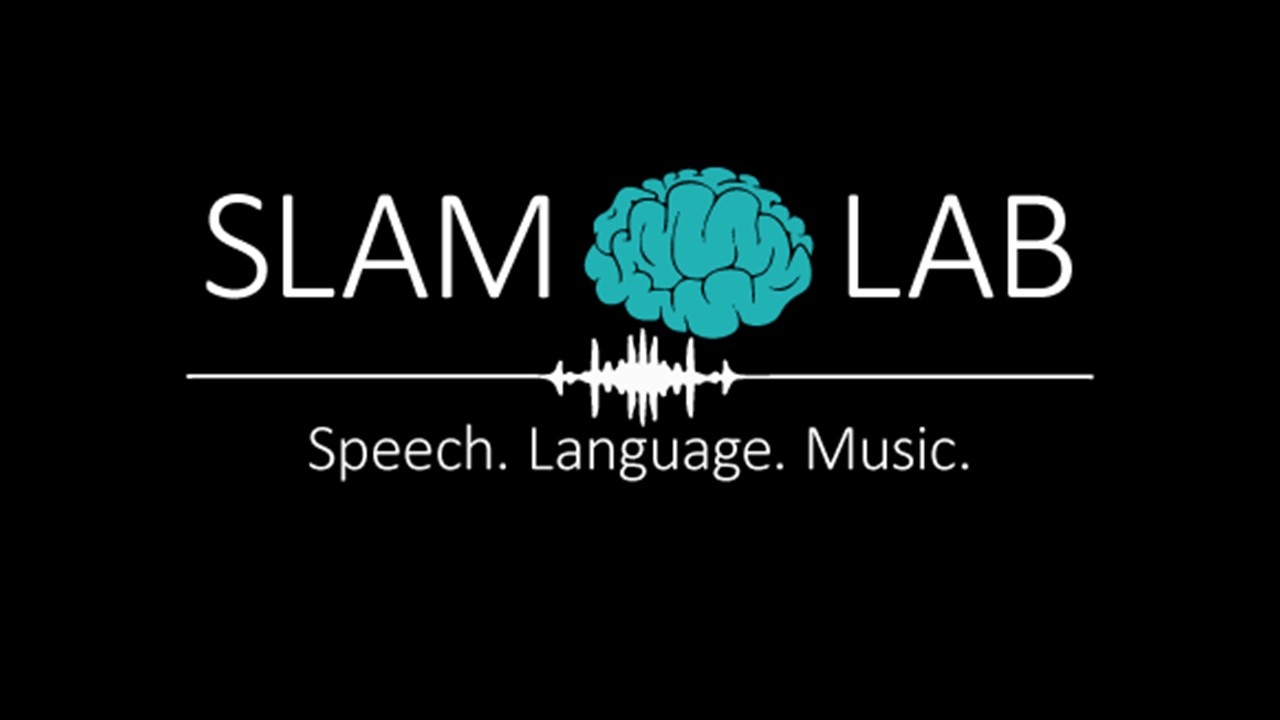“”

Sound Science: Researcher Investigates How Music Alters the Mind
UT Dallas New Center
Stephen Fontenot
Share this article
Related Information

Studying the Connection Between Speech, Language, and Music in the Brain

Music: A Brain Enhancer?
Hear Dr. Yune Lee talk about his creative journey and discuss some of his findings on the ways music may affect our brains.

Neurological Music Therapy for Speech and Language Rehabilitation
Because many individuals with aphasia can sing even when they cannot talk, melodic-intonation therapy has been accepted as a viable aphasia therapy.